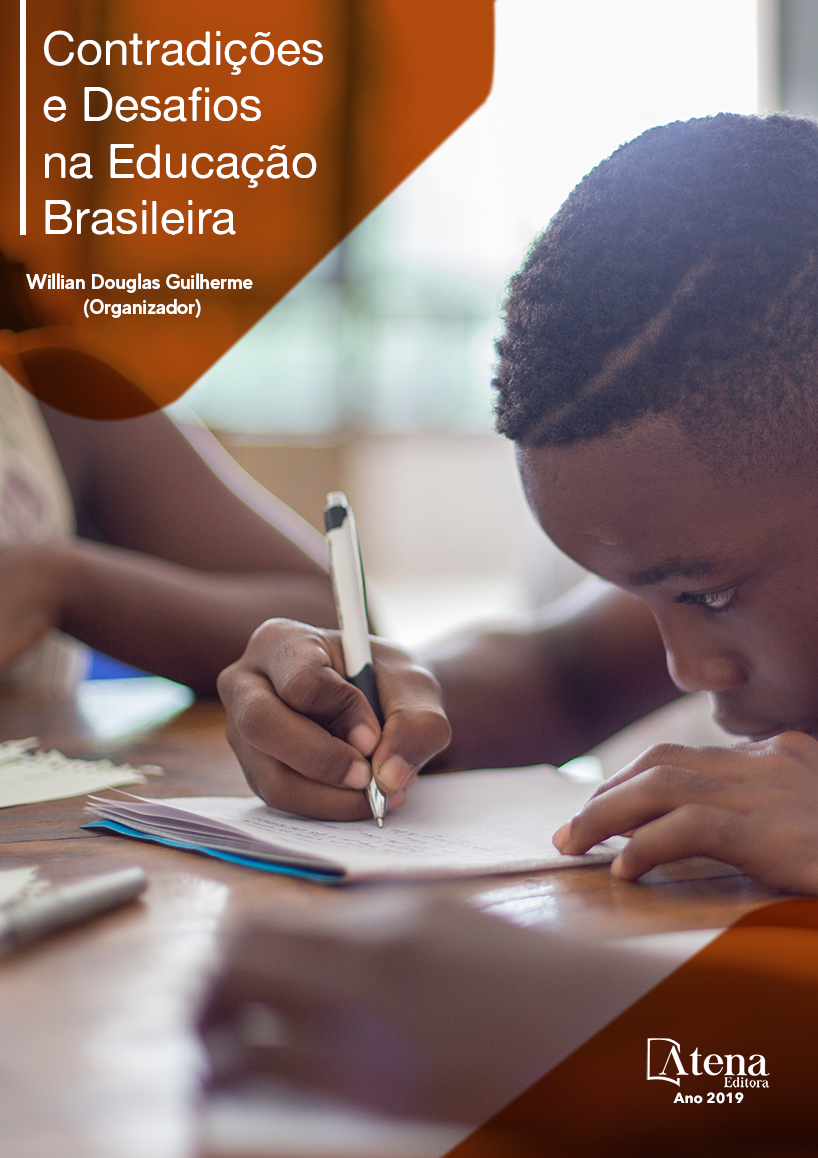
EDUCAÇÃO DIGITAL E SUAS INTERFACES: DISCUTINDO CONCEITOS E PROCESSOS A PARTIR DE AÇÕES LOCAIS E POLÍTICAS PÚBLICAS
Este artigo apresenta resultados
parciais de uma tese que interpreta as relações
entre a Inclusão Digital (ID) e a promoção da
cidadania e da inclusão social, abordando,
principalmente, a inserção de Tecnologias
Digitais de Informação e Comunicação (TDIC)
em processos educacionais. Em seu discurso
predominante, a ID favorece emancipação
e inclusão social. A investigação da política
pública brasileira e de ações de ID no Instituto
Federal da Paraíba (IFPB) sugere esforços que
tentam se alinhar a esse discurso, entretanto,
a fenda entre incluídos e excluídos vai além do
acesso e manuseio de tecnologias. Também
devem ser considerados fatores como os
aspectos cognitivos de uso das TDIC, os
processos educacionais e o desenvolvimento
de conhecimento sobre como se apropriar
delas, enquanto cidadão.
EDUCAÇÃO DIGITAL E SUAS INTERFACES: DISCUTINDO CONCEITOS E PROCESSOS A PARTIR DE AÇÕES LOCAIS E POLÍTICAS PÚBLICAS
-
DOI: 10.22533/at.ed.73619010616
-
Palavras-chave: Tecnologias Digitais de Informação e Comunicação, Educação Digital, Cidadania, Inclusão Social.
-
Keywords: Digital Information and Communication Technologies, Digital Education, Citizenship, Social Inclusion.
-
Abstract:
This article presents partial results
of a thesis that interprets the relationships
between Digital Inclusion (ID) and the promotion
of citizenship and social inclusion, mainly
approaching the insertion of Digital Information
and Communication Technologies (DICT)
in educational processes. In his prevailing
discourse, ID favors emancipation and social
inclusion. The investigation of the brazilian
public policy and actions of ID in Instituto Federal
da Paraíba (IFPB) suggests efforts that attempt
to align themselves to this discourse, however,
the gap between included and excluded goes
beyond the access to and manipulation of
technologies. Should also be considered factors
such as the cognitive aspects of the use of DICT,
the educational processes and the development
of knowledge on how to appropriate of them as
a citizen.
-
Número de páginas: 15
- Mércia Rejane Rangel Batista
- Nadja da Nobrega Rodrigues


